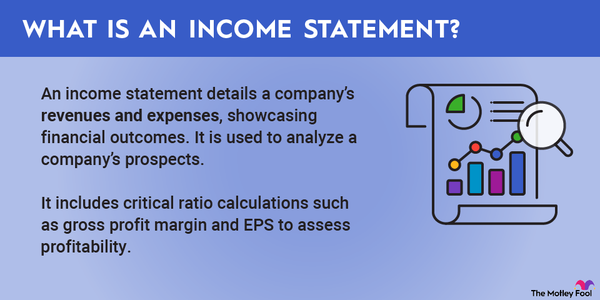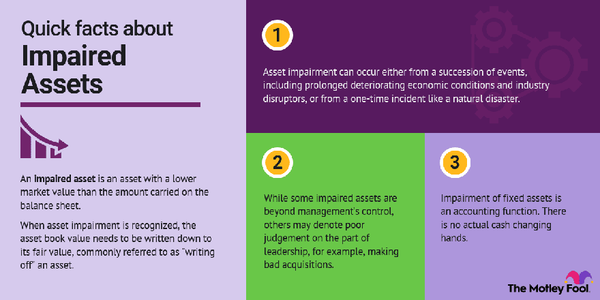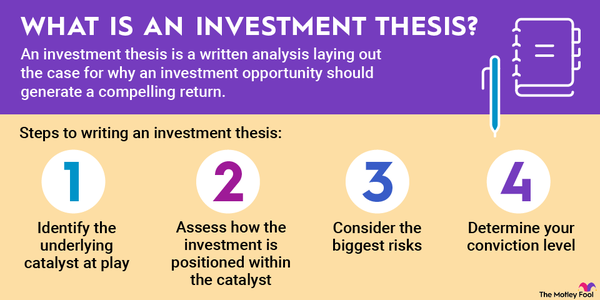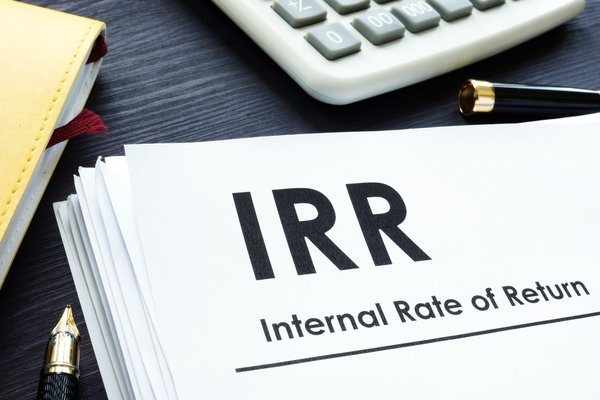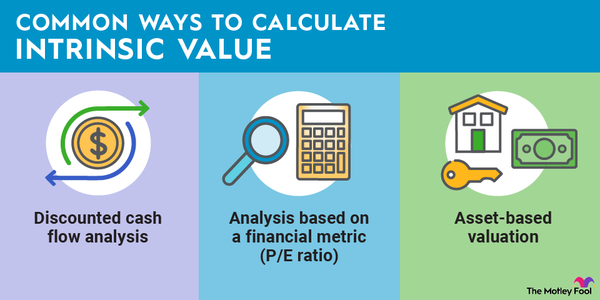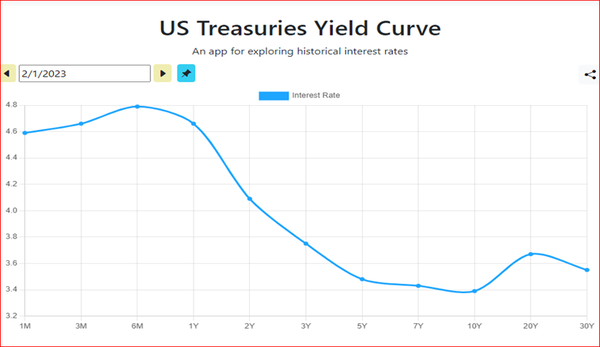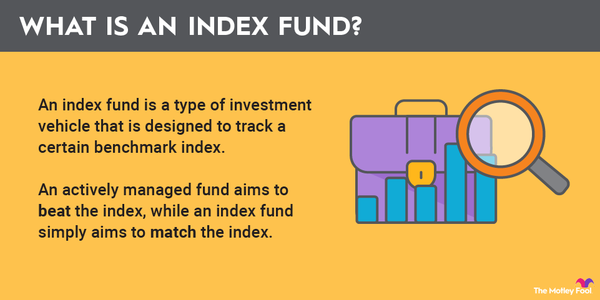Insurance brokers connect insurance buyers with policies that suit their needs. Both business and individual insurance buyers can use brokers to find appropriate insurance programs across a range of carriers.
This guide covers the basics of insurance brokers, including what they do, who their customers are, how they differ from independent agents, and the advantages and disadvantages of working with them. We'll wrap up with strategies for finding the right broker for your situation.

Understanding insurance brokers
Overview
There are two main parties to an insurance contract: the insurance company and the buyer. Brokers are independent third parties who work on behalf of insurance buyers. Their primary responsibilities are assessing clients' needs, researching policy options, making policy recommendations, and serving as the first point of contact for clients' insurance-related questions. When clients decide to move forward and buy a policy, brokers may also assist in the application process.
Brokers are regulated by state insurance departments. They must be licensed to sell insurance, and they can be penalized for non-compliance with state insurance regulations.
State regulations affect how brokers earn. Generally, they receive commissions from carriers on sold policies. They may also charge fees to their clients in states that allow it.
Regardless of how the broker makes money, clients should expect full transparency. The broker should define expected commissions for new coverage and renewals. Any fees charged should also be broken out separately from premiums.
Insurance broker vs. independent agent
Broker vs. agent
You can buy insurance from the carrier directly or from a captive agent, independent agent, or broker. Captive agents represent one carrier only. For example, your local State Farm agent only sells State Farm policies. Independent agents represent multiple carriers, so they have a broader range of options to research and present.
Brokers are similar to independent agents, with one primary distinction. Independent agents can initiate or bind coverage, while brokers cannot. Brokers can assist their clients with the application process, but only the insurance company activates the coverage. As a result, working with a broker may delay the time it takes for coverage to take effect after selecting a policy.
Pros and cons of working with a broker
Pros and cons
The advantages of working with an insurance broker include:
- Experience: Brokers often specialize in one segment of insurance, such as business insurance, life insurance, health insurance, or property insurance. That experience can help them identify your needs and find the best solutions for you.
- Range of choice: Since brokers represent multiple carriers, they can do a broad sweep to find appropriate coverage at a competitive price.
- Policy support: Brokers can complete applications for you and answer coverage questions regarding policy deductibles and copayments. They can additionally be your first point of contact for claims. Note that brokers can be independent or work within larger organizations. The size of the broker's team can affect the support level you receive.
The disadvantages of working with a broker include:
- Potential for fees: In some states, brokers can charge fees on top of the commissions they earn from carriers.
- Inconsistent service levels: Some brokers are better than others. Interviewing candidates and checking references are important steps to finding a broker who is diligent and transparent.
Related investing topics
How to find an insurance broker
How to find an insurance broker
Since you may work closely with your broker on sensitive financial issues, you need someone trustworthy and reliable. Start by asking colleagues, friends, and family for recommendations. You can also search online for brokers as long as you carefully vet every candidate.
Vetting is best done in three stages: Verifying licensing, interviewing, and checking references.
- Verify licensing. You can contact your state's insurance department to verify a prospective broker's licensing. At the same time, you may also want to research your state's laws regarding broker fees. You can find contact information for your state insurance department on the National Association of Insurance Commissioners (NAICS) website.
- Interview. Your second step will be interviewing prospective brokers. The interview is a test run for communicating effectively with this individual. Use the time to make sure you feel comfortable sharing information and to assess the broker's listening skills. If either area falls short, move on to the next candidate.
- Check references. Lastly, ask for references and check them. Topics to discuss with references include the broker's working style, how well the broker delivered on stated needs, and the level of support provided after coverage was initiated.






